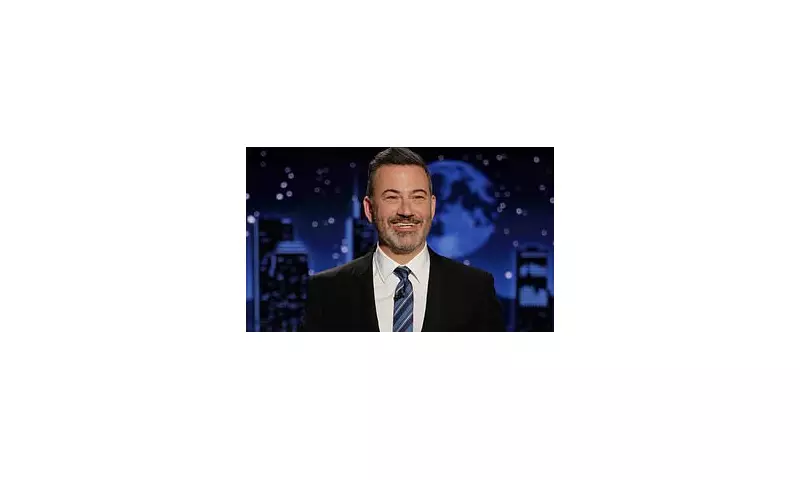
American late-night television is embroiled in a fresh controversy, as host Jimmy Kimmel finds himself at the centre of a furious political storm. The presenter is facing mounting pressure and calls for his dismissal from NBC after a heated on-air exchange with right-wing activist Charlie Kirk.
The firestorm began when Kirk, founder of the conservative group Turning Point USA, appeared on Kimmel's show. The interview quickly devolved into a contentious debate, with Kimmel adopting an aggressively confrontational style that critics have labelled a blatant attempt to ridicule his guest's viewpoints rather than engage in genuine discourse.
The Aftermath and the Call for Cancellation
In the wake of the segment, Kirk and his substantial online following launched a vehement campaign against the comedian. Accusing Kimmel of blatant bias and unprofessional conduct, they began bombarding NBC with demands for the host's immediate termination. The rallying cry #FireJimmyKimmel began trending across social media platforms, fuelled by Kirk's assertion that the ABC star should be "canceled" for his actions.
The situation presents a stark irony that has not been lost on political commentators. Kirk's movement, which often rails against so-called 'cancel culture', is now actively employing its tactics to silence a perceived opponent. This has sparked a complex meta-debate about the very nature of free speech and political retaliation in today's polarised media landscape.
NBC's Dilemma
All eyes are now on NBC executives, who face an unenviable dilemma. Succumbing to the pressure would be seen as a victory for the online campaign and set a powerful precedent. However, resisting the calls could lead to a prolonged PR nightmare and potential advertiser unease. The network has yet to make an official public statement regarding the future of Kimmel's show, but sources suggest internal discussions are ongoing.
This incident highlights the increasingly fragile position of entertainment figures who wade into the turbulent waters of political debate. As lines between commentary, comedy, and news continue to blur, the risk of alienating large portions of the audience has never been higher.





